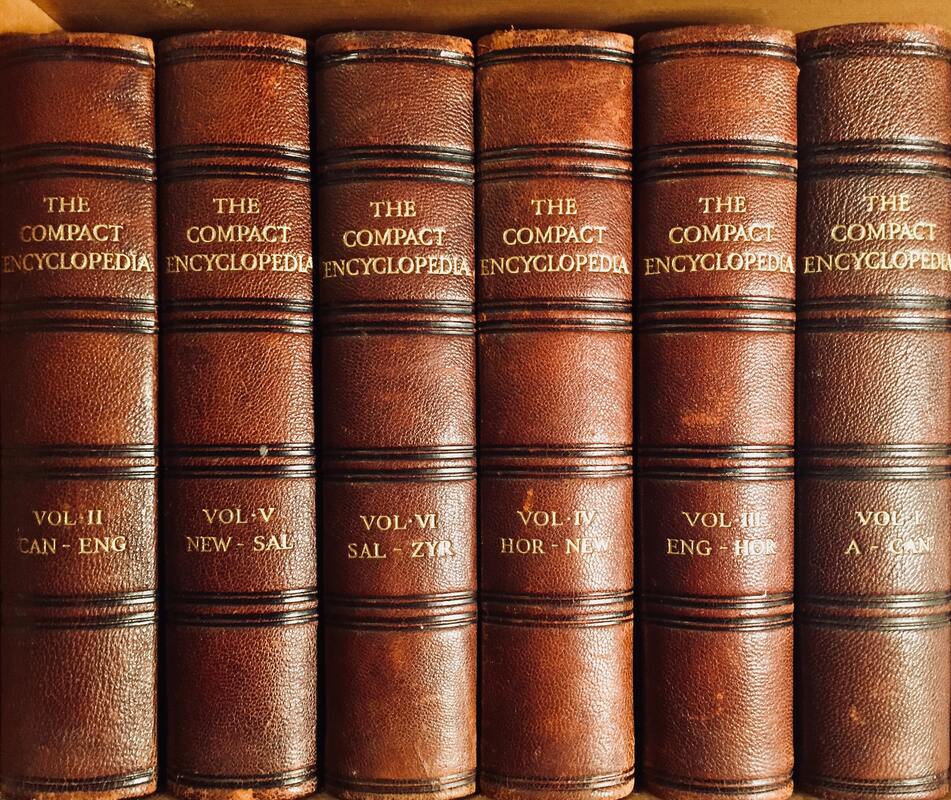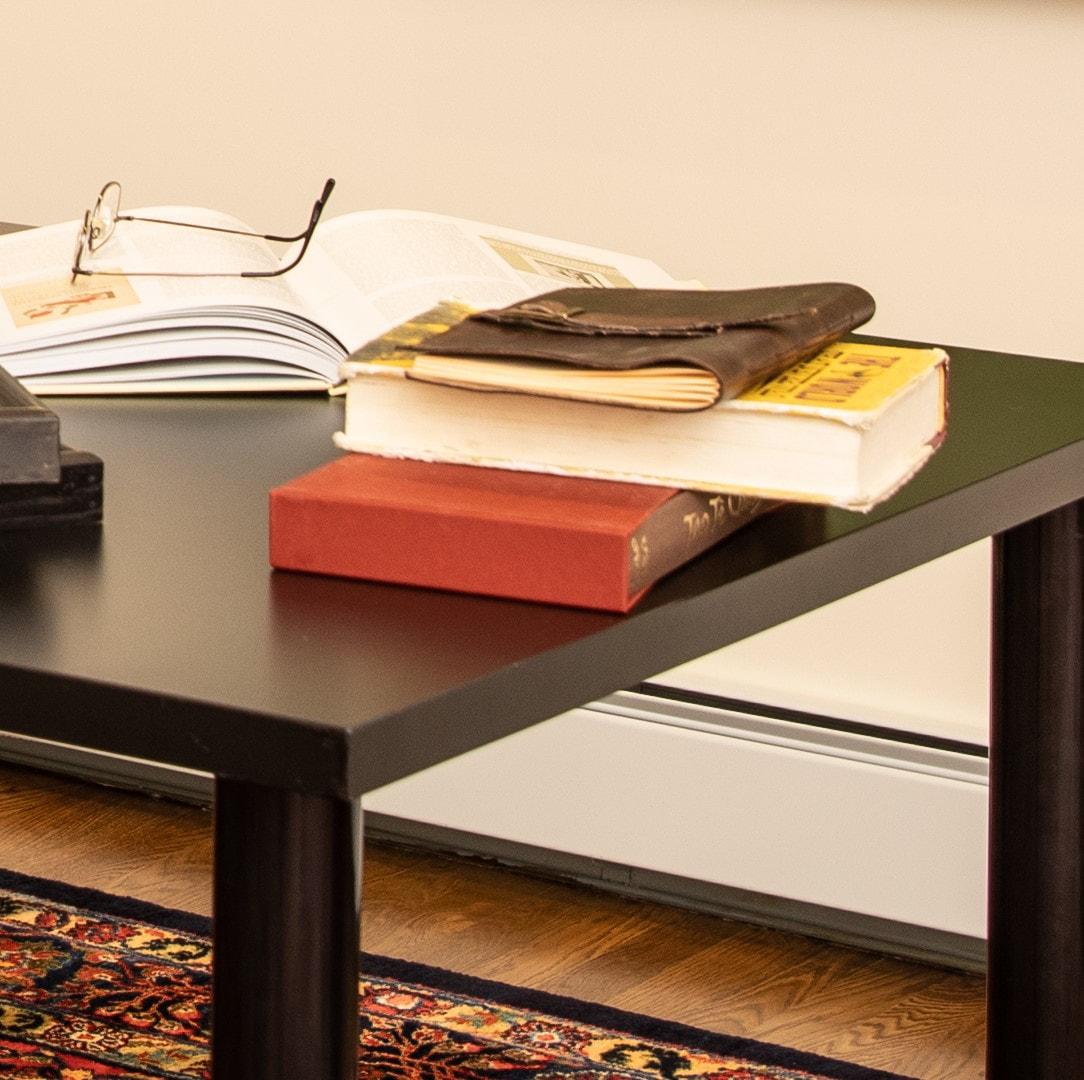|
Books have been stored on shelves in libraries and homes for centuries. Unfortunately, oftentimes, the material of the shelves can cause harm. There are steps you can take to ensure your library is stored in ideal conditions. Start with the room: good air circulation and a constant temperature of 70°F and 50% relative humidity are ideal. Avoid letting in natural light as much as possible and use LED lamps, not incandescent or compact fluorescent for illumination.
The material of the shelving should be carefully considered. Traditional materials such as wood, even with sealing, may never stop off-gassing of harmful substances. Certain sealants can also produce off-gassing, making the problem worse. Powder coated steel, if properly cured is a better choice for book shelving, but anodized aluminum is considered the first choice of many conservators and collectors. Chrome-plated steel shelving with shelves made of chrome-plated steel wire works for books housed in archival in boxes. Keep books stored vertically and loosely supported by neighboring books. Packing books in tightly will cause stress on covers and bindings when the books are removed. Leaning books on one another at an angle also causes undue stress. Books that are too tall to be stored upright can be laid horizontally, in stacks of three or less with polyester felt placed in between to avoid friction. Keep an inch or more of shelving in front of the books. Check the bare area of the shelf regularly for dust and signs of pests. Important and delicate books will require special safeguarding such as archival covers or boxes. If you are not certain that your books are stored properly, contact Guardian for assistance. We offer sound scientific advice for ideal storage – whether in our secure storage facility or in your home, institution, or business. The condition of a book can be preserved by taking basic preventive measures. Books, like all collectibles are susceptible to damage due to environmental conditions. Over time, light, temperature, and humidity are the biggest factors. Protect books from exposure to natural and artificial light - especially compact fluorescent. Keep the lights off and shades or curtains drawn in your library when it is not in use. Fixtures with LED lamps are the safest option for illumination.
Don’t store books in areas that are susceptible to temperature fluctuation. Avoid shelves next to fireplaces and radiators and on outside facing walls. As is true for many collectibles, 50 percent relative humidity and 70 degrees Fahrenheit is recommended by the AIC and AAM. Use of fans, de-humidifiers, humidifiers, and air conditioners can help you add or remove moisture and regulate temperature. If you are considering climate-controlled storage for your books, fine art, antiques, or other collectibles, be sure to ask about environmental and security monitoring. Guardian’s storage maintains strict environmental and security controls with 24/7 monitoring. #preserveart #bestartstorage #safelystorebooks #librarystorage #bookstorage #collectionstorage #howtostore |



 RSS Feed
RSS Feed





